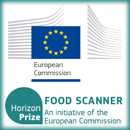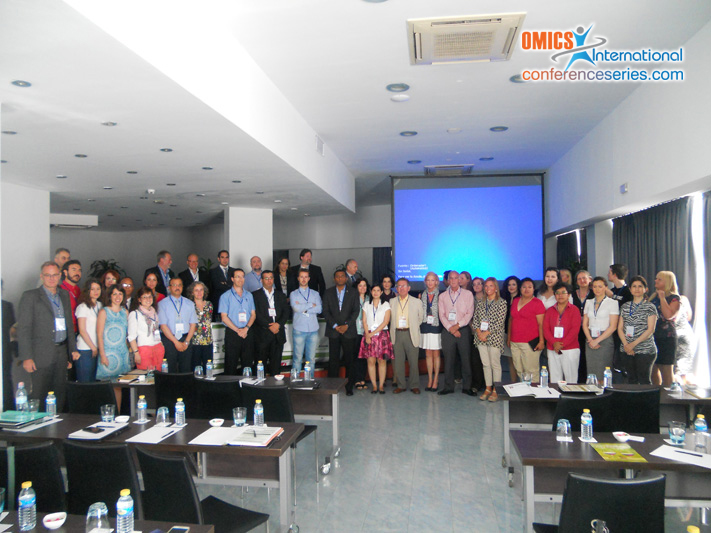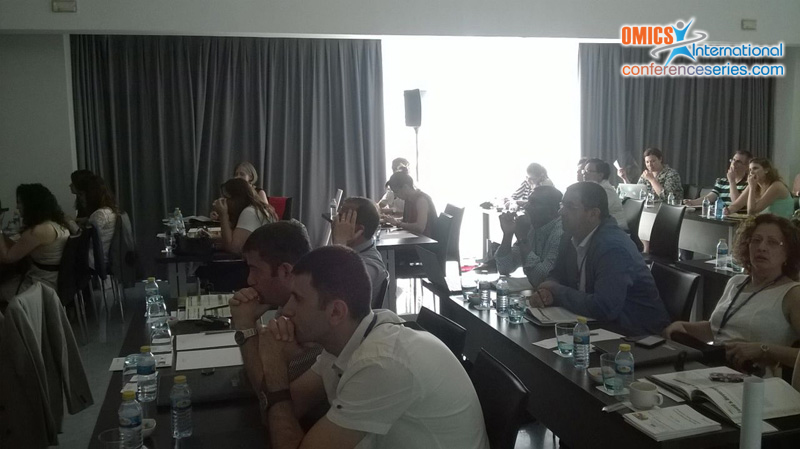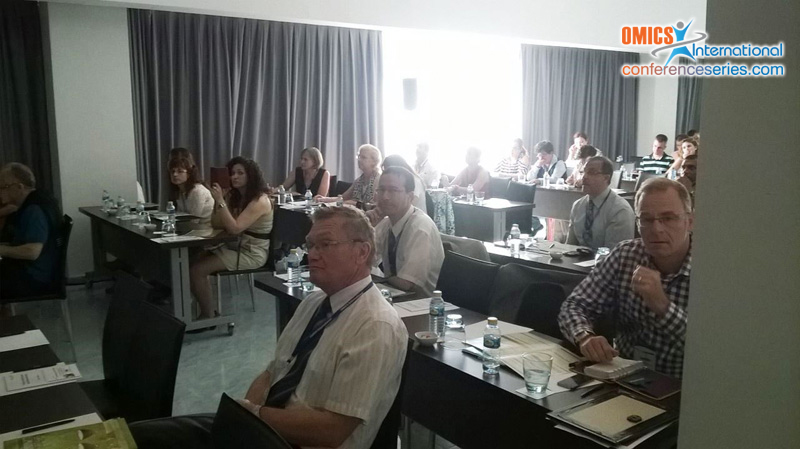
Alicia Gil Ramirez
Universidad Autónoma de Madrid
Spain
Title: Modulation of Dio1 gene expression by edible mushrooms extracts in normo- and hypercholesterolaemic mice
Biography
Biography: Alicia Gil Ramirez
Abstract
The maintenance of cholesterol homeostasis is vital for the human body therefore it is a largely controlled process at several levels (transcriptional, translational, enzyme modulation etc.). If this molecule is not absorbed with the diet, specific receptor senses the lack of the metabolite and activate specific genes and mechanisms to synthetize it. One of the not so well known but important factor in the cholesterol regulation is via thyroid. 3, 3', 5-Triiodothyronine (T3) is a thyroid hormone involved in LDL-r gene expression regulation. A 20% of this hormone is secreted by thyroid but the major amount is produced from thyroxine (T4) by 5´-deiodination in peripheral tissues. This reaction is catalyzed by the selenoprotein deiodinase in (DIO1). This protein activates thyroid hormone by converting the prohormone T4 by outer ring deiodination (ORD) to bioactive T3. It also degrades both hormones by inner ring deiodination (IRD). On the other hand, a few reports indicated that 1 ppm selenium supplementation to rats decreased the total cholesterol and LDL levels, increased DIO1 expression (and T3 levels) and decreased the ApoB and HMGCoA reductase mRNAs expression. Edible mushrooms are a good source of selenium as well as hypocholesterolaemic compounds such as i.e. sterols, fibers, inhibitors of the 3-hydroxy-3-methyl-glutaryl-Co A reductase (HMGCR) and of the S-adenosylhomocysteine hydrolase (SAHH) such as eritadenine. Thus, several mushroom extracts were prepared and administrated to normo-and hypercholesterolaemic mice in order to investigate their potential influence on the Dio1 gene expression in liver, duodenum, ileum and cecum. Results indicated that hypercholesterolemia induced a marked reduction, particularly in liver, of the Dio1 mRNA expression. Moreover, the Dio1 gene expression was also modulated by the mushrooms extracts but not by the hypocholesterolaemic control drugs. Some of the extracts down-regulated its expression while others promoted its up-regulation. The effect was tissue dependent.
Speaker Presentations
Speaker PDFs
Speaker PPTs Click Here




